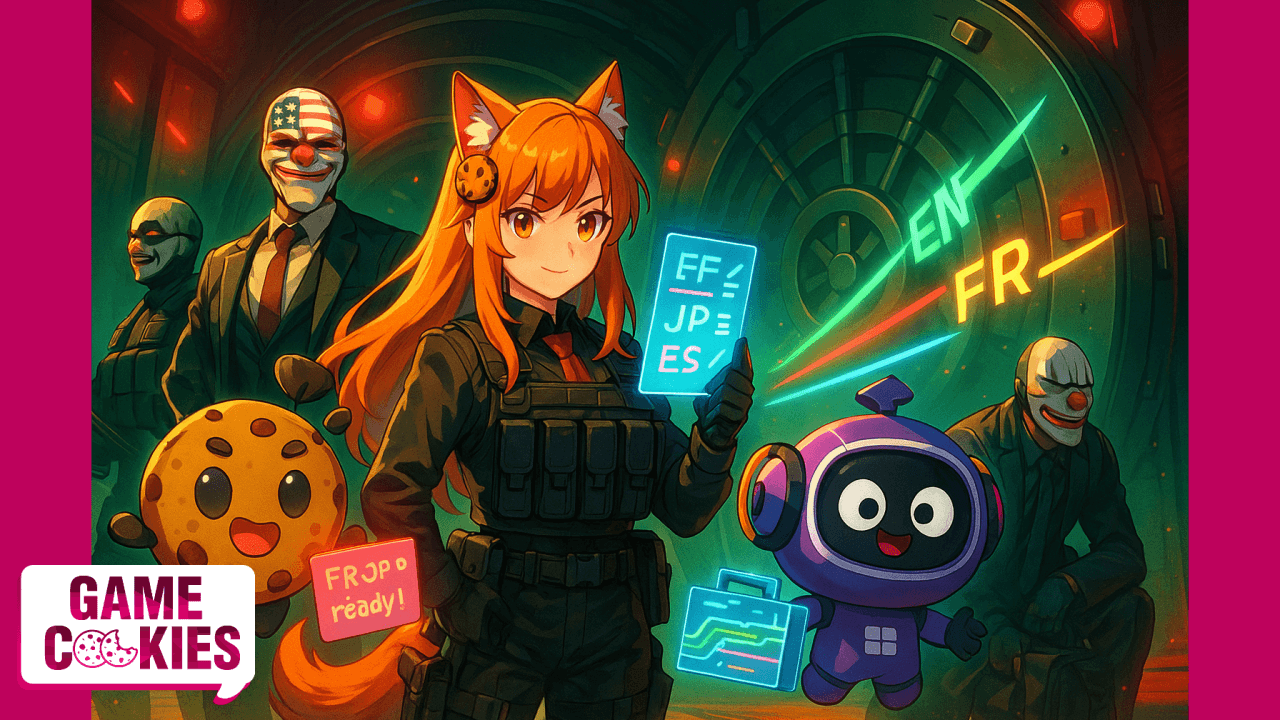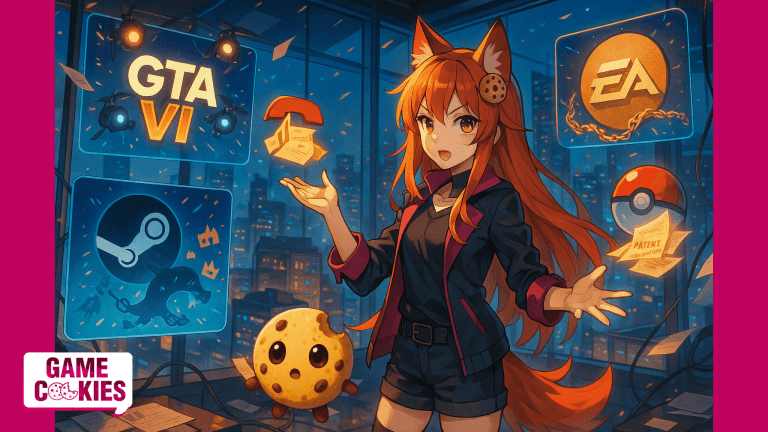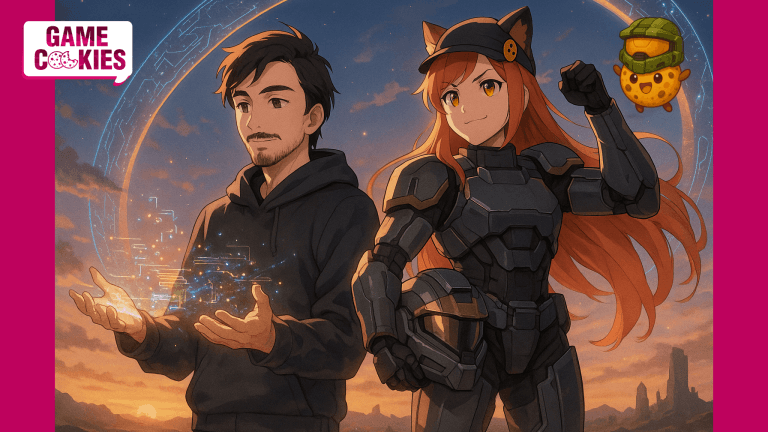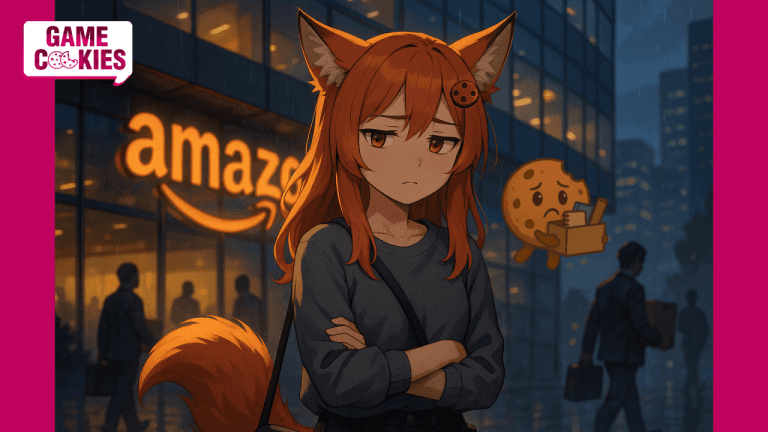
🍪 From Heists to Holidays — Why Live-Service Games Live or Die by Localization
👋 Hello there, patch-chasing producers and localization night-owls.
Today we’re talking about the unsung hero (and occasional villain) of live-service development: localization. Because in a world where Fortnite throws global concerts and Genshin Impact launches new storylines every six weeks, one mistranslated string can be the difference between community love… and uninstall speedruns.
🌍 The Localization Grind in Live-Service Games
Why it’s harder than ever:
- Constant patches, hotfixes, and seasonal events — localization is never “finished.”
- Global parity matters. If one region gets the Halloween event a week late, those players feel second-class.
- Communities notice everything. Screenshots of bad translations go viral faster than your hotfix patch.
- Culture counts. Valentine’s Day ≠ White Day ≠ Carnival. You can’t just ctrl+c/ctrl+v content worldwide.
Best practices the pros follow:
- Integrate localization early (not after the patch notes).
- Automate handoffs — death to spreadsheet copy/paste.
- Give translators context: UI screenshots, metadata, previews.
- Always LQA in-game — no more text breaking your menus.
- Use MT + TM with human review — fast and good.
- Treat localization as core dev, not outsourcing.
🦊 Kiki’s Opinion: “If your players get Halloween on November 10th, congrats — you just gave them a pumpkin-flavored rage quit.”
🚨 Fail Fast, Fail Global
- Final Fantasy: All the Bravest (2013) — botched translations that confused global players.
- Mobile gacha launches — “Engrish” memes spread on Reddit, overshadowing the games themselves.
- MMOs that delay events regionally — entire communities walk away, calling it “second-class citizenship.”
🦊 Kiki’s Opinion: “Nothing screams ‘we don’t care’ louder than a $50 battle pass with spell descriptions that read like Google Translate fanfiction.”
🌟 Wins That Players Notice
- Fortnite: flawless global events, everyone plays the same hype moment.
- Genshin Impact: constant text-heavy updates, consistently praised for nuance across languages.
- League of Legends: invests in LQA and regional sensitivity, adapting skins and events to local culture.
🦊 Kiki’s Opinion: “Players don’t thank you for good localization — they just keep playing. Screw it up once, and you’re a Reddit headline by morning.”
🎯 Starbreeze: A Case Study in Heists and Hotfixes
Sweden’s Starbreeze Entertainment knows this well.
- With Payday 2, they ran 10+ years of global DLCs and community events.
- Payday 3 raised the bar with simultaneous global launches and the expectation of constant cross-platform updates.
🦊 Kiki’s Opinion: “Starbreeze spent a decade juggling heists and hotfixes. If they can keep Payday 2 alive this long, they’ve earned the right to school everyone else on how to survive localization chaos.”
🛠️ Tools That Keep Pace
Modern studios rely on integrated platforms combining:
- CMS to track strings and updates.
- TMS to automate workflows.
- CAT tools for translators with metadata + AI.
That’s not bells and whistles — it’s how you avoid turning your patch into a PR disaster.
🦊 Kiki’s Opinion: “Your content pipeline is either automated, or it’s duct tape and Excel sheets. Guess which one breaks when you drop a 5,000-string event overnight?”
🎤 Want to Hear More?
Gridly and Starbreeze Entertainment are co-hosting a webinar on September 16 at 4pm CET / 10am EST:
- Alexandros Kilmpasanis, Live Director at Starbreeze
- Michael Souto, Biz Dev Director at Gridly
👉 Register here to save your spot: https://link.gamecookies.news/localize-live-service-game-starbreeze
🦊 Kiki’s Opinion: “Free webinar, real talk. You can keep winging it with broken strings, or you can actually learn how to stop turning your players into unpaid QA testers.”
🧭 Stay global. Keep it consistent. Remember this:
Localization isn’t the credits roll. In live-service, it’s the main quest.
🍪 Got a cookie to share? Send your tips, leaks, or stories here!






